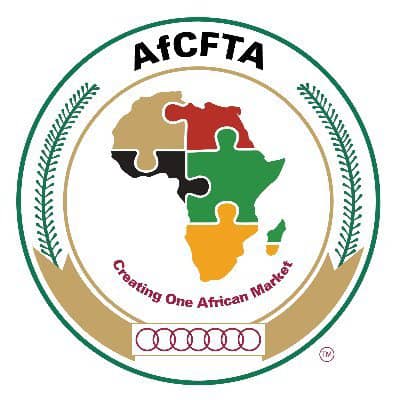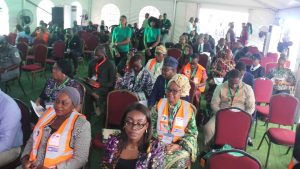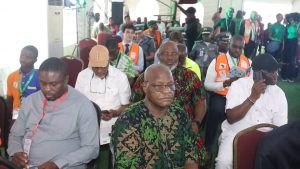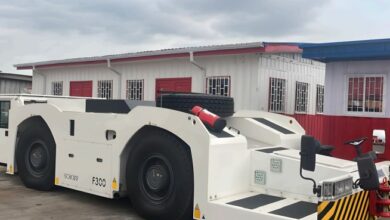
Ten Nigerian companies are ready to begin exporting homemade products across Africa under the African Continental Free Trade Area (AfCFTA) agreement cutting across East, Central, and North Africa.
Head of the National AfCFTA Coordination Office, Olusegun Awolowo disclosed this in Lagos on Tuesday at the implementation of the African Continental Free Trade Area Nigeria’s inaugural shipment under the Guided Trade Initiative framework and ribbon-cutting ceremony.
“The companies are 10 in number, and over the next few days, weeks, and months they will be exporting Nigerian products to five countries across East, Central, and North Africa,” Awolowo said.

According to him, these companies which would be exporting products like bags and drinks are setting a new standard for others to follow.
He stated that these companies embodied the resilience, innovation, and entrepreneurial spirit that define Nigeria.

“Some of the companies include, Le Look Nigeria Limited, exporting bags to Kenya; Secure ID Limited, exporting smart cards to Cameroon; Dangote exports clinkers to Cameroon; Avila Naturalle exports black soap and shea butter to Kenya.
“Flour Mills Nigeria, exporting native starch to Algeria; Craft Methods Limited, exporting alcoholic bitters to Uganda; Ruchim Limited, exporting SIM and bank cards to Kenya; Tolaram Group, exporting wrappers to Egypt; and Hwani Industry Nigeria Limited, exporting water closet sanitary sets to Kenya,” Awolowo stated.

Earlier, the Comptroller-General of Customs, Adewale Adeniyi, said Nigeria joined the AfCFTA in 2020, aiming to facilitate cross-border trade within Africa.
He said that the service is a key member of the National Action Committee responsible for issuing certificates of origin and streamlining export cargo clearance.
“AfCFTA participation would open new business and economic growth opportunities for Nigeria and strengthen African relationships,” the customs boss stated.

He disclosed that due to delays in phase one, some African nations like Rwanda and Ghana have begun trading and that the NAC studied Rwanda and Ghana’s best practices to prepare Nigeria for phase two participation.
“The NCS is prepared to fulfill its role and has taken actions including training of officers on AfCFTA rules of origin in collaboration with WTO experts, preparing and issuing certificates of origin in both paper and electronic formats, deploying officers trained in AfCFTA export procedures, and designating specialised cistoms ports for faster export clearance,” he explained.











